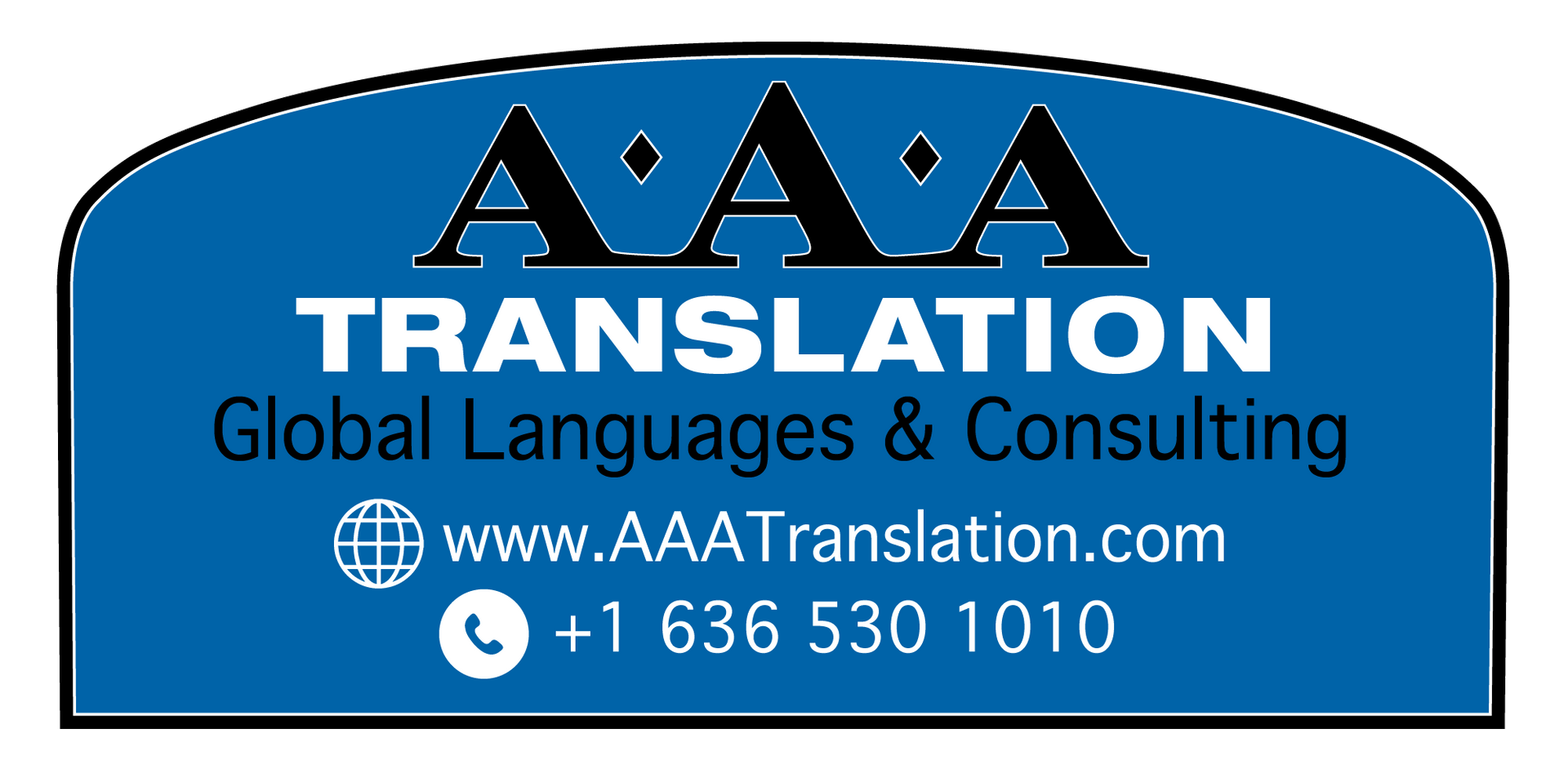One might imagine that interpreting begins like a game of
operator. The lead person whispers something in his neighbor’s ear, who
whispers something in her neighbor’s ear, and on down the line
until the speaker at the end of the line delivers the message to the
group, and the original messenger determines how much of his
message remains intact. Whose responsibility is it to ascertain that the
message does not become misconstrued with each pass? What are
the ramifications for a morphed message?
Not Child’s Play
In
the elementary game of operator, the stakes are low. However,
translating and interpreting are ever-present necessities in the real
world. Due to technology and diplomatic relations, the world
feels increasingly smaller, and the topic of translation/interpretation
has been thrust into public awareness with the recent debate
over the transparency of the notes obtained by Maria Gross, the
interpreter for the press conference in Helsinki between Donald
Trump and Russia’s president, Vladimir Putin. The reason this is such a
hot topic is because interpreters are not typically asked to
appear in court to testify about the details of a discussion in which
they have played a role—the interpreter has historically remained
all but invisible due to the nature of the job.
Politician vs. Civil Servant
In
order to understand the controversy surrounding this situation, it is
important to clarify an interpreter’s role in the government. Unlike
politicians, lawmakers, and even court reporters, interpreters
are considered civil servants, who are employed by the government, but
are not expected to divulge their lives as publicly as
higher-ranking government officials often do. A civil servant’s job is
to use his/her skills to uphold the policies mandated by the
government. In the case of being an interpreter, the main component of
the job is to use his/her skill-set to provide the oral
translation of speech.
The Interpreting Process
Similar
to the game of operator, interpreting is not an exact science. Accurate
interpreting requires not only an ability to listen, understand, and
speak a language, it also requires much consideration for the two
cultures in the dialogue. For example, some words or concepts are not
able to be directly interpreted verbatim between two languages.
This concept might be a headscratcher, until one stops to consider that
experiences vary from culture to culture, and language is
largely determined by experience. There is a certification process for
certain types of interpreters at different levels, so an
interpreter at this level (interpreting dialogue between two powerhouse
nations) would have the best understanding and most experience
within these two cultures. Despite the credentials of this executive
interpreter, expecting that a conversation, taking place in two
languages between two very different cultures, would flow with the same
ease and rhythm as a dialogue between close family members is not a
fair expectation. Rather, the interpreting process is initiated
prior to a meeting, where one party will set an agenda, and perhaps the
other party will also submit items to be discussed, in order to
give the interpreter an idea of where the conversation is headed, and
the kinds of topics that will be on the table. During the
meeting, the interpreter will take notes on the conversation, in order
to provide the best possible interpretation of the words and
concepts that have been spoken.
Meeting Minutes
So,
why wouldn’t the notes taken by the interpreter be subject to subpoena
during an investigation? To simplify the answer, the notes taken by the
interpreter do not serve as an official record of the meeting
that took place. The notes are uniquely for the interpreter to use for
his/her own personal assistance, to help interpret or to serve
as a reminder of important details within a discussion, but they are not
intended to recreate an account of a conversation for later
use.
The Essence of the Job
The
best way to understand why many people feel an interpreter should be
exempt from subpoena in a situation like this is to view the interpreter
as simply an extension of the speaker—the interpreter has not
come up with original thoughts or statements, rather he/she is a medium
for two parties to communicate. If an interpreter is to perform
his/her job effectively, it is imperative that the focus be on the
accurate translation between two parties, and not on the concern
with the accurate record-keeping of the conversation. If an interpreter
is suddenly tasked with the burden of recreating an account of a
very sensitive meeting, it would likely take the focus off the essence
of the interpreter’s job—which is to interpret—and this could
adversely affect the quality of the interpreting. Furthermore, in the
case of Maria Gross, this is a prime example of a civil servant
being pushed into the spotlight, which isn’t necessarily part of her job
description and understanding, as it is for many politicians
and public figures. There is a collective understanding of the existence
of an ethical code for providing notes to outside parties.
Interpreters need to feel secure in their ability to do their job,
without the worry of subpoena and international public controversy. This
is how interpreting differs from the game of operator:
interpreting is not a game. Providing respected interpreting for two
powerful nations is a consequential task, and the stakes are
very high. In summary, the interpreter is not the court
reporter, and a best practice would be that this role not be
regarded as such.
Let us know your thoughts!
